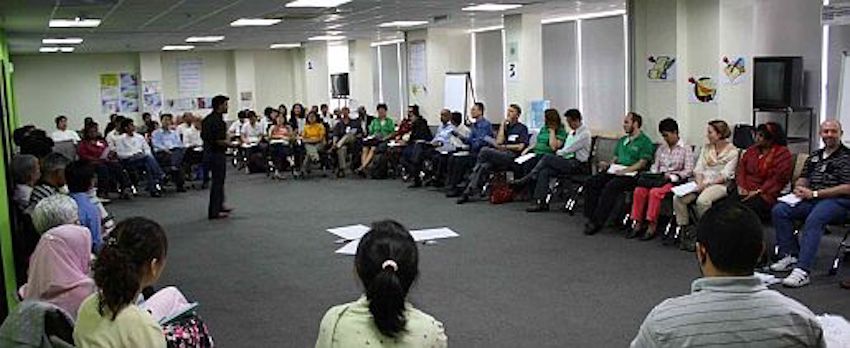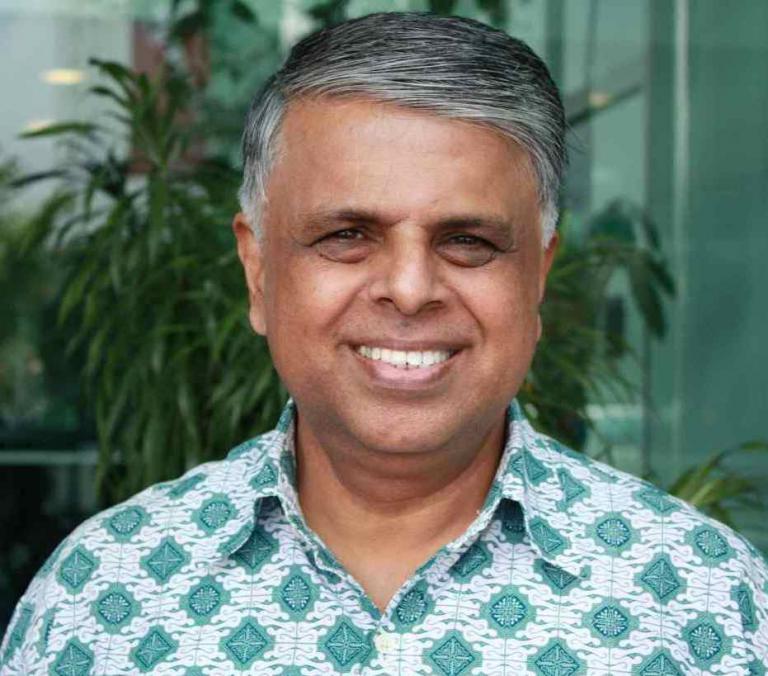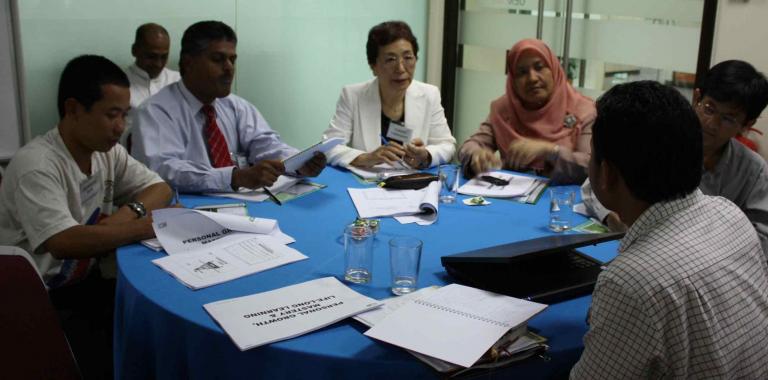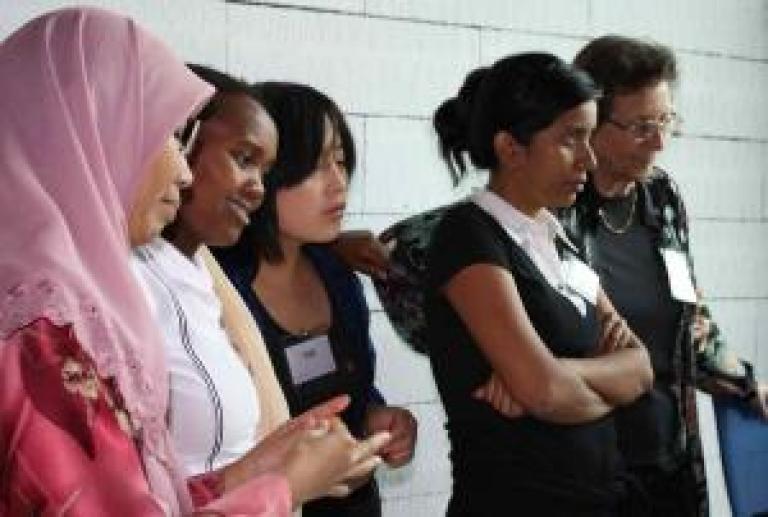
Tools for Change Kuala Lumpur – the first conference of its kind to be held outside Switzerland – last week brought together 80 from corporate and civil society sectors, from media and education, to learn more about empowering and implementing change through generating trust, integrity and forming networks for action.
‘I discovered that we are the tools for change – not just us, but an examined us,’said Susanna George, a human rights activist and communications consultant. ‘And our bag of tools, the lived experiences of an examined life.'
Tools for Change conferences have been held over the last three years at the Initiatives of Change (IofC) centre in Caux, Switzerland. This conference in Malaysia – on the theme of ‘Responding effectively to global challenges’ – was developed by PiCCSO (the Performance Improvement Centre for Civil Society Organisations), a unit of IofC Malaysia.

‘The problems we face today cannot be solved by doing more and more of what we have been doing – by spending more and more when the global debt level is already so high,’ said K Haridas, vice-chairman of IofC Malaysia, in his keynote address. ‘What is it that we are aiming to stimulate? More greed without accountability?
‘We need to lift our hearts and minds and do some real soul searching if we are going to address the root causes of our present dilemma,’ said Mr Haridas, surveying a number of challenges, including the financial crisis, climate change and the Middle East conflict. ‘Yes, the human being is significant and there is much we can contribute to the development of this new thinking. Trust, integrity, confidence, hope – these cannot be legislated. These are qualities born from the heart of men and women and are integral to any move to find an answer.’
The Tools for Change Kuala Lumpur 2009 Lecture was delivered by award-winning Malaysian architect, Hijjas Kasturi. Describing the ‘design shop’ teamwork which created the spectacular 55-storey Telecom tower in Kuala Lumpur, Kasturi drew a parallel: ‘Perhaps solving the world’s problems also needs this sort of give and take. Change is bearing down on us whether we like it or not, and if we don’t start finding solutions, solutions that we don’t want may well find us... I am confident that, guided by moral and ethical priorities, we will make the right choices.’

The three and a half day conference, starting 26 February, heard experiences from a range of speakers: a Malaysian businessman who has radically reformed his logging practices in the Pacific, for instance; and a young Kenyan IofC activist who has begun to ‘tackle the monster of tribalism’, having been a victim of it herself.
Afternoon workshops offered participants 12 hours of training on one of six skill areas: such as finding ‘passion at the heart of change-leadership’ to being able to ‘think on your feet’.
‘Open space’ forums were used to focus energy around particular issues and to instigate movements for change. Groups formed around initiatives to introduce a National Reconciliation Day in Malaysia, to hear the stories of indigenous peoples displaced by development and to begin Creators of Peace Circles.
As delegates headed home at the end of the conference they were full of ideas for making changes in their own lives.

Malar Ramalingam, a human resources development manager with a large manufacturing company, said her company is going through redundancies because of the economic downturn. ‘I feel the plates are moving underneath my feet and feel overwhelmed. I have a team to lead and they are looking to me and I don't know what to tell them,’ she said. She came seeking possible tools to use with her team on the job. She left with new faith ‘in the goodness of people’ and believing that everyone was accountable for solving today’s problems. ‘We actually have the power to co-create solutions to whatever we are facing today.’
‘I was initially reluctant to be here, but my bosses sent me,’ admitted Raymond Chung, training manager at Prince Hotel, Kuala Lumpur. ‘But I now realize I was heading in the wrong direction, being selfish and not thinking about the wider community. I got it wrong but am glad I can change now. I want my children to be good people and I want to bring soul to my organization. The conference has been fantastic.’
Richard Ng, staff member for an on-line crisis support service, said: ‘I came to learn about change in myself and to practise change. The difficulty is having the courage to take the first steps of change. Here I am learning how to do that.’
Tools for Change was brought to Malaysia by Terry Netto, managing director of a training and development consultancy, People Potential, and the founder of PiCCSO. In the final session he concluded: ‘My vision is to have as many as 40 to 50 Tools for Change conferences running in Asian cities within ten years. I can’t think of any reason why that cannot happen.’ Delegates from seven Asian countries promised to explore possibilities of staging such conferences within the next year. From the evaluation process, 65 percent said they would recommend a future Tools for Change to their friends and 50 percent said they would be ready to organize it.
by Pamela Jenner

